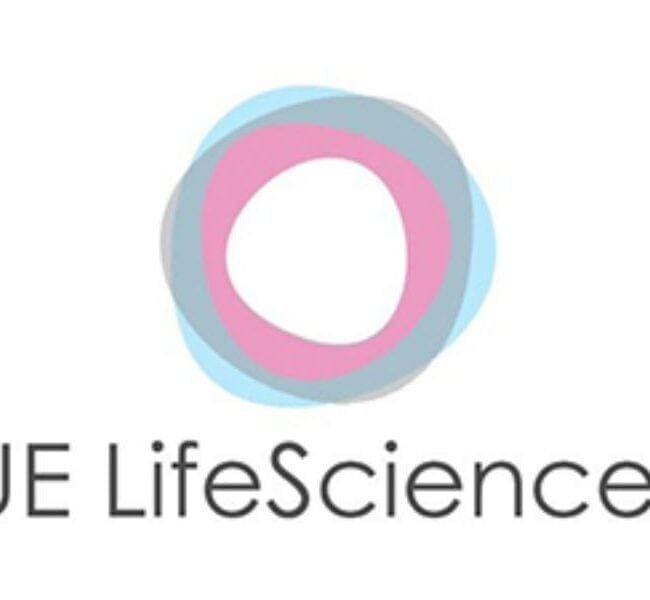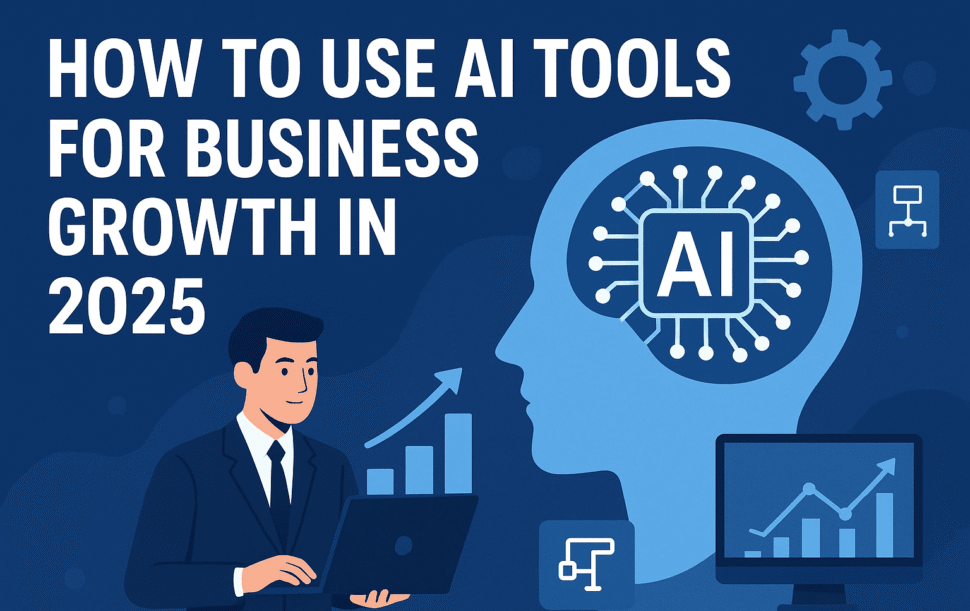
Will Artificial Intelligence Change All?
Artificial Intelligence in Digital Marketing
Artificial intelligence (AI) is rapidly transforming various industries, with digital marketing being one of the most significantly affected sectors. At its core, AI refers to the development of computer systems that can perform tasks typically requiring human intelligence. This encompasses a range of advanced technologies, including machine learning, natural language processing (NLP), and robust data analytics. By leveraging these technologies, digital marketing agencies are beginning to enhance their strategies, making their approaches more effective and efficient.
Machine learning, a subset of AI, enables systems to learn and improve from experience without being explicitly programmed. In digital marketing, this can mean utilizing algorithms to analyze consumer behavior. This also entails predict trends, or optimize advertising campaigns based on past performance. For example, marketing firms are employing machine learning to personalize customer experiences. This will result in higher engagement rates and increased conversion rates.
Natural Language Processing
Natural language processing further enriches the digital marketing landscape by allowing machines to understand and generate human language. This capability powers chatbots, automated customer service interactions, and content generation, making communication between brands and consumers more seamless. As a result, agencies can streamline operations and improve customer satisfaction through timely and relevant interactions.
Data analytics plays a crucial role in harnessing AI for digital marketing. With the ability to process vast amounts of data, AI can uncover insights about consumer preferences, market dynamics, and campaign effectiveness. This informs better decision-making and enables agencies to tailor their strategies based on a more nuanced understanding of their target audience.
Digital marketing agencies continue to integrate AI tools into their operations. They are positioned to not only adapt to the evolving landscape but also harness the full potential of emerging technologies. This evolution signifies a new era for digital marketing. AI will play an increasingly pivotal role in shaping marketing strategies and enhancing consumer engagement.
Transformative Impact of Artificial Intelligence on Marketing Strategies
The advent of artificial intelligence (AI) has significantly transformed marketing strategies employed by agencies. It’s leading to increased efficiency and improved customer engagement. Agencies are now employing AI-driven solutions to personalize customer interactions, with technologies that analyze vast amounts of data to tailor marketing content to individual preferences. For instance, recommendation engines utilize algorithms to suggest products. Based on browsing history and past purchases, enhancing the user experience and increasing conversion rates is easier.
Predictive analytics is another area where AI has made remarkable strides. By leveraging historical data and customer behavior patterns, marketing agencies can forecast trends and customer needs. This capability allows them to optimize their campaigns and target their audience more effectively. It can also ensure that the right message is delivered at the right time. Consequently, businesses can allocate their resources more strategically, thus maximizing the return on investment for their digital marketing efforts.
Furthermore, automation of marketing processes has become increasingly prevalent due to AI technologies. Tasks such as email marketing, social media posting, and lead scoring can now be automated, freeing up valuable time and resources for marketing teams. For example, chatbots, powered by AI, provide real-time assistance to customers, answering queries around the clock and driving engagement while reducing manual workload. This level of automation not only boosts productivity but also enhances customer satisfaction, as clients receive immediate responses and support.
Programmatic advertising is another example of how artificial intelligence is revolutionizing digital marketing. It allows for real-time bidding on ad space, optimizing ad spend and placing advertisements in front of the right audiences, achieving higher engagement. As agencies continue to integrate these AI-driven tools, it is evident that the landscape of digital marketing is evolving rapidly, paving the way for more innovative and efficient marketing strategies.
Challenges and Opportunities for Digital Marketing Agencies
The integration of artificial intelligence into digital marketing presents a dual-edged sword for agencies, characterized by both significant challenges and remarkable opportunities. As the use of AI technology accelerates, digital marketing agencies must confront the pressing need to upskill their staff. The traditional skill sets that marketers have relied upon are evolving rapidly; professionals now require familiarity with AI tools and methodologies to remain competitive. Training programs focusing on AI-driven analytics, machine learning applications, and automated content generation are essential to ensure that employees can leverage these technologies effectively.
Moreover, as artificial intelligence enhances the personalization of marketing campaigns, client expectations are shifting dramatically. Agencies must adapt to increasingly sophisticated clients who anticipate data-driven insights and tailored solutions that AI can provide. This evolution compels agencies to maintain transparent communication about the technology and its benefits, ultimately fostering a stronger relationship with clients who seek innovative strategies.
Heightened Rivalry
On the competitive front, digital marketing agencies face heightened rivalry from tech-savvy challengers who are quick to adopt AI solutions. New entrants leveraging AI can provide services with enhanced efficiency and accuracy, potentially outpacing traditional agencies. To counteract this threat, established agencies must re-evaluate their offerings and consider incorporating AI-driven processes into their business models to stay relevant.
Nevertheless, the rise of artificial intelligence offers several promising opportunities as well. Enhanced audience targeting through AI algorithms allows for more precise segmentation and improved engagement rates. Additionally, data-informed decision-making can lead to better campaign outcomes, as marketers can derive actionable insights from vast datasets in real time. Several agencies have begun to embrace these tools, achieving remarkable results. For instance, one notable case study illustrated how integrating AI analytics led to a 30% increase in client ROI through optimized ad placements. Agencies that capitalize on these advancements are likely to thrive in this rapidly evolving landscape.
The Future Landscape of Digital Marketing Agencies in an Artificial Intelligence World
The digital marketing landscape is undergoing a profound transformation due to the integration of artificial intelligence (AI). As agencies strive to adapt to this new environment, they will face both challenges and opportunities that will redefine their operations. One crucial aspect of this evolution will be the emergence of new skill sets. Professionals in digital marketing will need to become well-versed in AI technologies and data analytics to leverage the capabilities of AI tools effectively. Understanding machine learning algorithms and how to interpret AI-generated insights will become essential for strategists and campaign managers.
Furthermore, the future may see the rise of hybrid service models that blend human creativity with the efficiency of AI. While AI can automate repetitive tasks, such as data analysis and ad placements, the need for human intuition, creativity, and emotional intelligence will remain irreplaceable. Agencies that successfully combine these elements can deliver more personalized and engaging customer experiences. They will be positioning themselves at the forefront of the industry. By embracing new technologies while capitalizing on human strengths, digital marketing agencies can enhance campaign effectiveness and optimize resource allocation.
However, with great power comes great responsibility. Ethical considerations surrounding data usage and AI decision-making must be at the forefront of any strategy. Agencies must navigate the complexities of privacy, consent, and bias in AI algorithms to build trust with consumers. By fostering transparency and adhering to ethical guidelines, agencies can enhance their credibility and establish long-lasting relationships with clients and customers alike.
The digital marketing ecosystem continues to evolve. Agencies that proactively adapt to the rapid changes brought about by artificial intelligence will be the ones to thrive. Emphasizing continuous learning and innovation in their teams, alongside ethical practices, will ensure lasting relevance and competitiveness in this AI-driven future.











